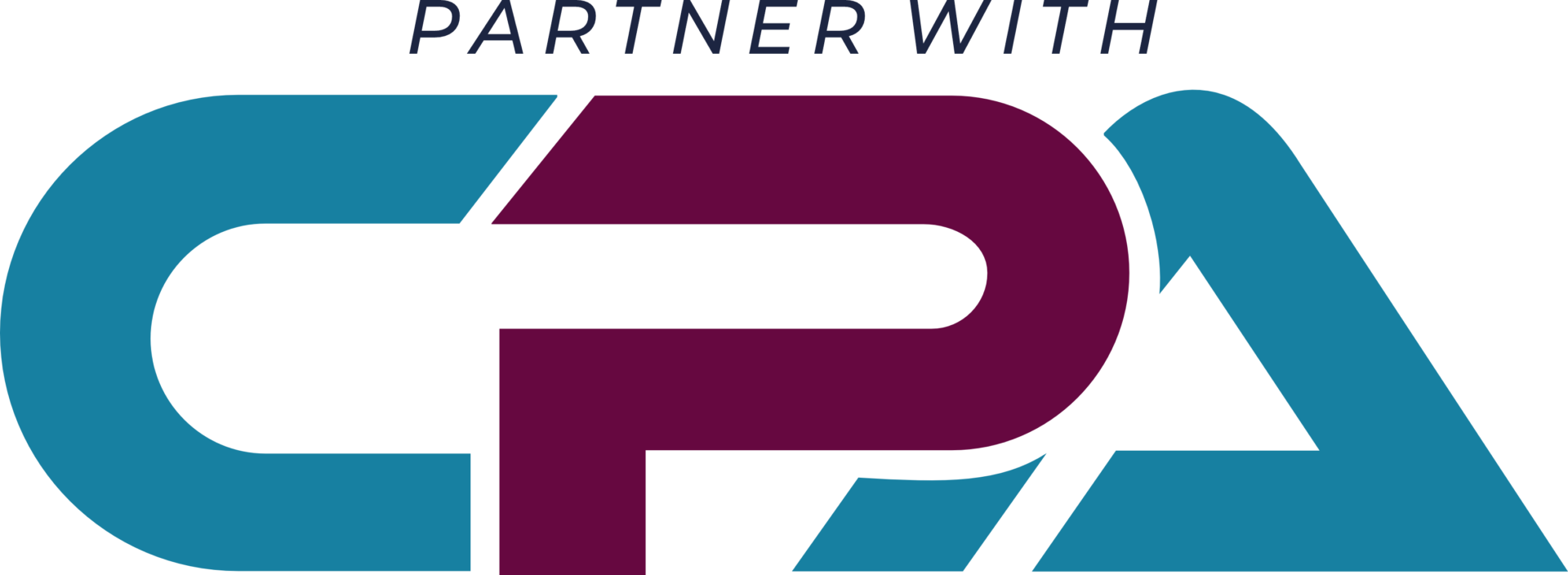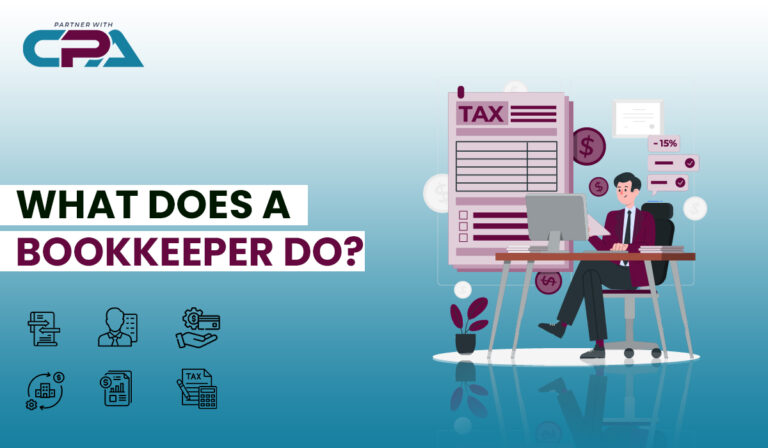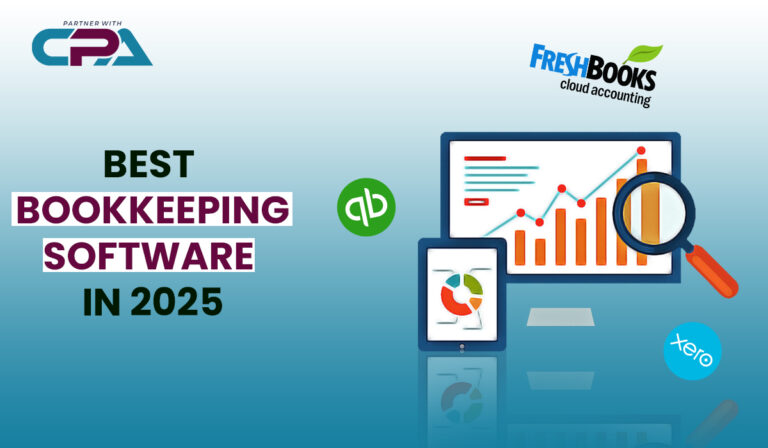What is Bookkeeping? Learn the Fundamentals and Process

What is Bookkeeping?
Bookkeeping is the process of recording, classifying, and organizing financial transactions in a systematic way. It is the backbone of any business’s financial health, ensuring accurate records for decision-making, tax filing, and financial reporting.
Businesses rely on bookkeeping to track income, expenses, assets, and liabilities. Whether you’re a small business owner or an aspiring bookkeeper, understanding bookkeeping fundamentals is crucial for maintaining a well-organized financial system.
Types of Bookkeeping
What is Double-Entry Bookkeeping?
Double-entry bookkeeping is the most widely used accounting system. It records transactions in two accounts: debit and credit. This system ensures that financial statements are accurate and balanced. The key principle is that every financial transaction affects at least two accounts.
What is Single-Entry Bookkeeping?
Single-entry bookkeeping is a simpler method that records only one side of a transaction. This system is often used by small businesses and freelancers who don’t require complex financial tracking.
What is Virtual Bookkeeping?
Virtual bookkeeping is a modern approach where bookkeepers work remotely using cloud-based software. Businesses can outsource their bookkeeping tasks without needing an in-house bookkeeper.
What is Digital Bookkeeping?
Digital bookkeeping involves using software and online tools to manage financial records instead of traditional paper-based methods. Digital bookkeeping improves efficiency and reduces errors.
What is Online Bookkeeping?
Online bookkeeping is similar to virtual bookkeeping but focuses on cloud-based solutions that allow real-time access to financial data from any location.
Bookkeeping vs Accounting: What’s the Difference?
Bookkeeping and accounting are closely related but serve different functions. Bookkeeping is about recording transactions, while accounting involves interpreting, analyzing, and reporting financial data.
What is the Difference Between Bookkeeping and Accounting?
Bookkeeping is the foundation of accounting, but accounting extends beyond bookkeeping by providing financial insights and strategic planning.
What is Bookkeeping vs Accounting?
Accounting includes financial forecasting, tax planning, and financial audits, whereas bookkeeping focuses on transaction recording and organization.
Bookkeeping Services
Bookkeeping services vary based on the needs of a business. Common services include:
- Recording financial transactions
- Bank reconciliation
- Payroll processing
- Preparing financial statements
- Tax preparation support
- Managing accounts payable and receivable
What is Included in Bookkeeping Services?
Bookkeeping services cover essential financial record-keeping tasks such as tracking expenses, invoicing, and financial reporting.
What is Full-Service Bookkeeping?
Full-service bookkeeping includes all aspects of financial management, from data entry to financial reporting and tax preparation.
Bookkeeping Software
Technology has revolutionized bookkeeping, making it more efficient and accurate.
What is the Best Bookkeeping Software for a Small Business?
Popular bookkeeping software options include:
- QuickBooks – User-friendly and widely used by small businesses.
- Xero – Ideal for cloud-based bookkeeping.
- FreshBooks – Best for freelancers and service-based businesses.
- Wave Accounting – Free bookkeeping software with essential features.
What is QuickBooks Live Bookkeeping?
QuickBooks Live Bookkeeping is a service where certified bookkeepers help businesses manage their financial records in real-time through the QuickBooks platform.
What is Bookkeeping Software?
Bookkeeping software automates financial tasks such as invoicing, payroll, and bank reconciliation, reducing manual errors and improving efficiency.
Bookkeeping Jobs & Experience
Many businesses hire professional bookkeepers to maintain accurate records and ensure compliance with financial regulations.
What is a Bookkeeping Job?
A bookkeeping job involves recording financial transactions, reconciling accounts, and generating reports.
What is Considered Bookkeeping Experience?
Bookkeeping experience includes working with financial records, handling invoices, and using accounting software.
What is the Industry of Bookkeeping?
Bookkeeping falls under the accounting and finance industry, serving businesses of all sizes.
Bookkeeping Costs & Rates
Bookkeeping services come at varying costs depending on the complexity and level of service required.
What is the Going Rate for Bookkeeping Services?
The cost of bookkeeping services can range from $20 to $100 per hour, depending on expertise and location.
What is the Hourly Rate for Bookkeeping Services?
Freelance bookkeepers may charge between $30 and $50 per hour, while full-service firms may charge higher rates.
What is the Average Cost for Bookkeeping Services?
The average cost of bookkeeping services for small businesses is around $300 to $500 per month, but this varies based on business size and service needs.
What is Outsourced Bookkeeping?
Outsourced bookkeeping involves hiring an external firm or freelancer to handle bookkeeping tasks, reducing overhead costs for businesses.
Bookkeeping Concepts & Principles
Understanding key bookkeeping principles is essential for accuracy and compliance.
What is Reconciliation in Bookkeeping?
Reconciliation is the process of matching transactions in financial records with bank statements to ensure accuracy.
What is an Example of a Credit in Bookkeeping?
A credit in bookkeeping represents an increase in liabilities or revenue, such as receiving a loan or recording sales revenue.
What is the Purpose of Bookkeeping?
The primary purpose of bookkeeping is to provide a clear financial picture of a business, helping with budgeting, financial planning, and tax preparation.
What is the Oldest System in Bookkeeping?
The oldest system in bookkeeping is the double-entry system, developed in the 15th century, which remains the gold standard today.
What is Not a Temporary Account in Bookkeeping?
Permanent accounts, such as assets, liabilities, and equity accounts, are not temporary accounts in bookkeeping.
Conclusion
Bookkeeping is a vital part of any business’s financial management. Whether you choose to handle it yourself, hire a professional, or use software, maintaining accurate financial records is essential for long-term success. Understanding bookkeeping basics, different types of bookkeeping, and available software solutions can help businesses make informed financial decisions. Investing in professional bookkeeping services or using reliable software ensures compliance, efficiency, and financial stability.

I’m Qaisar Umar, a Digital Marketing Expert, Web Designer, and Growth Strategist with experience ranking 90+ brands and working with 200+ international clients. I’m SEMrush certified and trained by iSkills, specializing in SEO, web design, and growth strategies to help businesses scale online.
Passionate about technology and ranking tactics, I stay ahead of trends to drive real results. Whether it’s boosting visibility, improving engagement, or growing a brand, I focus on strategies that work.


